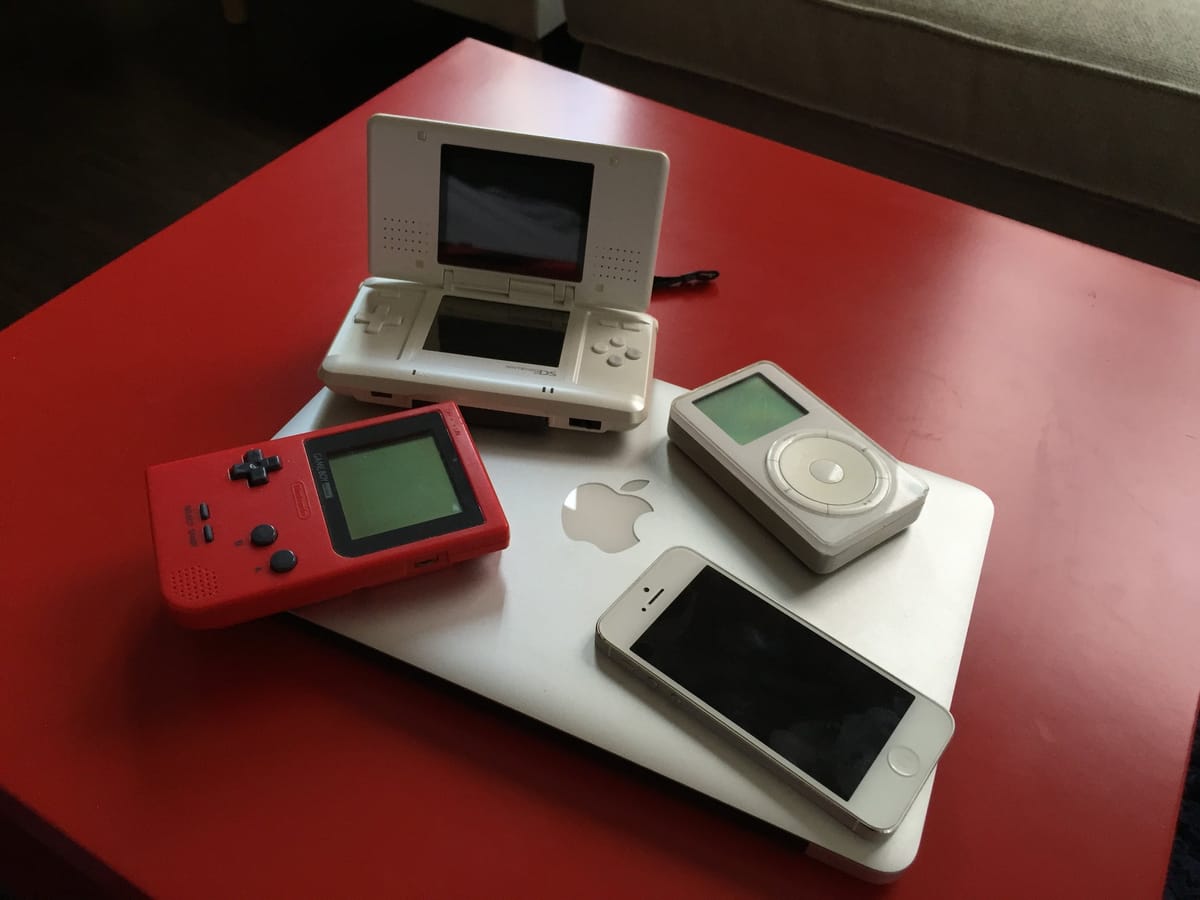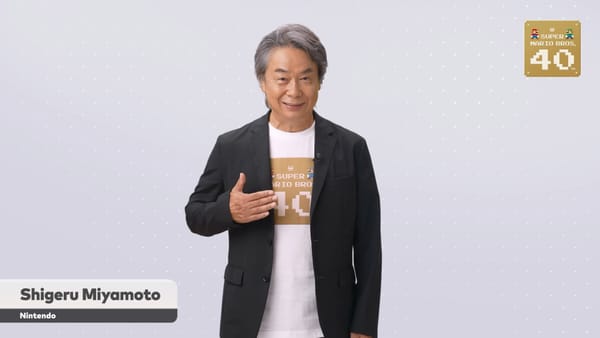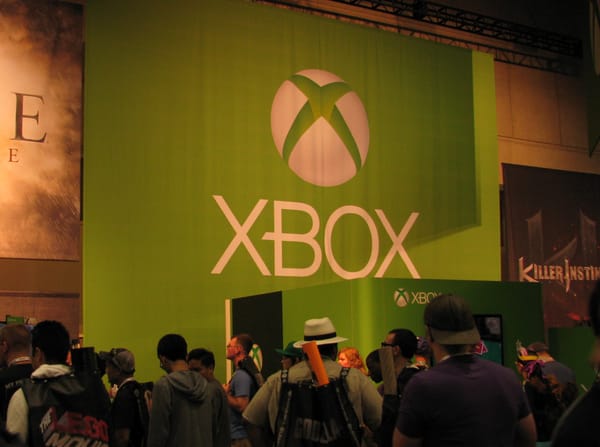Think different
The common element that links Nintendo and Apple.

The sad passing of Nintendo’s Satoru Iwata made me think about his legacy, and of the company he led. There are many outstanding tributes to Iwata already written (read this and this). But one thing has stood out for me, and that’s a striking similarity between Nintendo… and Apple.
The two may seem like odd bedfellows. But I think they both share a fundamental quality that makes them special: They don’t accept conventional wisdom. They question everything.
Both companies have been accused at various times of being slow to react to trends. The examples are numerous: Nintendo picking cartridges over CDs in the 1990s; Apple’s initial hesitance to allow native apps on the iPhone; even Nintendo’s ongoing resistance to bringing classic games to smartphones.
But saying they’re slow shows a lack of understanding of what’s happening here. They know what’s going on. They can see trends forming around them. They just refuse to follow their competitors for the sake of it. They prefer to ask: Why? Why should we do this? How does this help us?
The Wii is possibly the most famous example of this. Game consoles have historically been locked in an arms race, with every generation bringing ever more power, resulting in more complex games with richer graphics.
Here’s where Nintendo asked: Why? Why are we engaged in this escalating fight? The answer is because hardcore gamers demand it. But again, Nintendo asked: Why are we only aiming for hardcore gamers?
Hardcore gamers are a relatively minor subset of the population. Nintendo reasoned that instead of fighting for a piece of a small pie, they’d focus on a much bigger target: Everybody else. They would create experiences to attract people who had never played games before.
Being new to gaming, they will likely think games look good enough as it is. And they probably won’t need more complexity. So Nintendo removed itself from the arms race. They didn’t build a console that could produce prettier graphics. They built a console that could offer an experience you wouldn’t find anywhere else.
Their refusal to follow the accepted path changed the terms of the console wars, and the Wii allowed Nintendo to come out on top.
It’s an approach that Apple has also taken on many occasions. Conventional wisdom once said Apple should develop a PDA, or that Apple’s tablet would be a handheld Mac instead of a bigger iPhone, or even that Apple should develop a TV set. Apple ignored all of them: They saw no use for a standalone PDA when smartphones were on the horizon; they realised a tablet Mac would be too heavy and power-hungry to be convenient; and that TVs are a notoriously cutthroat business to produce a product that people don’t replace as often as their other devices.
A more recent example involves NFC on the iPhone. Analysts and tech journalists alike often lamented the lack of NFC capability in iPhones. Never mind that they weren’t terribly useful; they were sure to be useful in the future, they reasoned, and besides, plenty of Android handsets had them. That wasn’t enough for Apple. Instead, they worked on building a payment network — and only when Apple Pay was ready did they release an iPhone with NFC.
Of course, it doesn’t always work out that way. Sometimes what begins as prudence can stretch into an abundance of caution — and that can leave them dangerously far behind. Nintendo’s attitude towards online services is a prime example; it took them years to unify its online shops behind a single account, and transferring purchases from one Nintendo system to another is a famously fraught process.
Still, maybe it’s just me, but there’s something to like about not following accepted practices. In an age when any hit game can immediately become an annual franchise, it’s refreshing to see Nintendo maintain that they will not produce sequels for the sake of making sequels; they need a fresh concept to present to players first.
Even when Nintendo tries to cut corners, it just can’t help itself. 1998's Legend of Zelda: Ocarina of Time is widely acclaimed as the greatest game ever made. Nintendo intended to re-use much of the game’s art and characters to quickly produce a sequel in one year — a third of the time it’d taken to make Ocarina of Time.
But its developers were still overcome by the desire to not give players more of the same. Few would have begrudged them producing more of the best game of all time, but they wanted to create a new experience for players. And so instead of a quick-and-dirty rehash, they made Majora’s Mask: A dark and twisted take on the Legend of Zelda, built around a unique time travel system that has yet to be replicated.
Today, it’s hailed as perhaps the best game in the series, and stands as proof that there’s value in not following convention.





